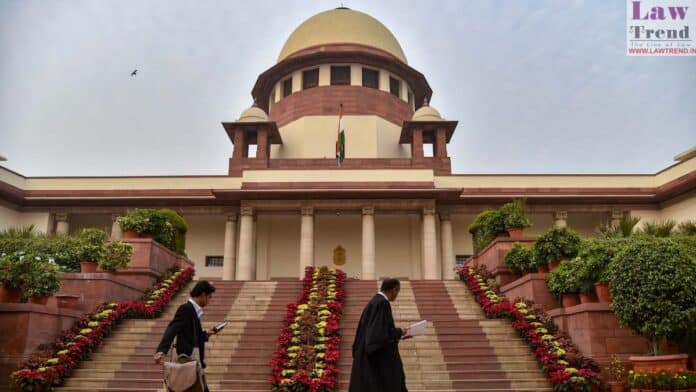In a noteworthy judgment, the Supreme Court of India has quashed a conviction under Section 452 of the Indian Penal Code (IPC), ruling that a restaurant cannot be classified as a “human dwelling” or “place of worship,” as required for house trespass. The judgment, delivered by a bench comprising Justice Bela M. Trivedi and Justice
To Read More Please Subscribe to VIP Membership for Unlimited Access to All the Articles, Download Available Copies of Judgments/Order, Acess to Central/State Bare Acts, Advertisement Free Content, Access to More than 4000 Legal Drafts( Readymade Editable Formats of Suits, Petitions, Writs, Legal Notices, Divorce Petitions, 138 Notices, Bail Applications etc.) in Hindi and English.




